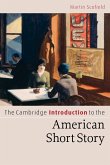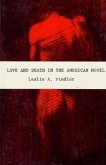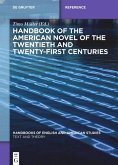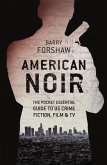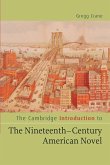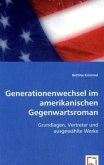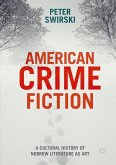City life as the epitomy of the American dream: a place where people take their visions for the future, expecting them to be made into a reality. This is how modern American fiction has approached the idea of urban life, but then has shown us how this vision can turn to disillusionment, destruction, destitution. In this book, Holló skilfully analyses three of the great American modern writers: F.S. Fitzgerald, Toni Morrison and Bret Easton Ellis. Holló demonstrates how these writers deal with larger questions of class, gender and ethnicity through telling stories about city life. People may move to the cities with some idea of hope, some idea that they have a chance at a better or more interesting life. However, these writers show how their interactions are always entrenched in - or struggling with - the boundaries of their social, ethnic, economic selves. In his analysis, Holló takes us through some of the most revered novels of our time, so we can see how the symbol of city life can become an icon of our modern world.
Bitte wählen Sie Ihr Anliegen aus.
Rechnungen
Retourenschein anfordern
Bestellstatus
Storno


